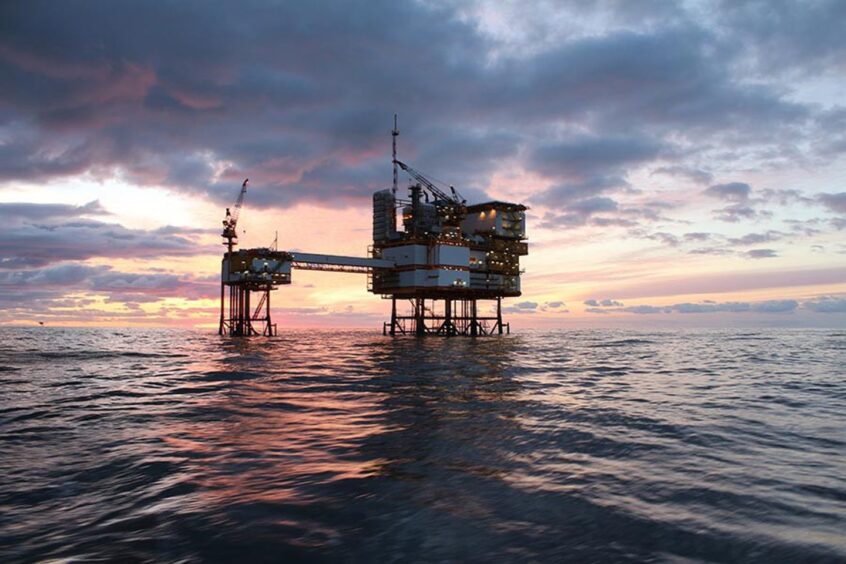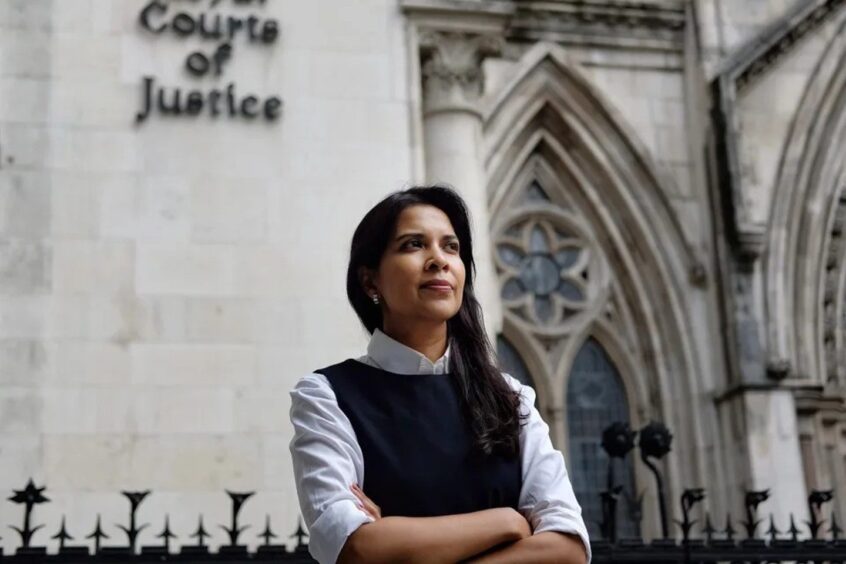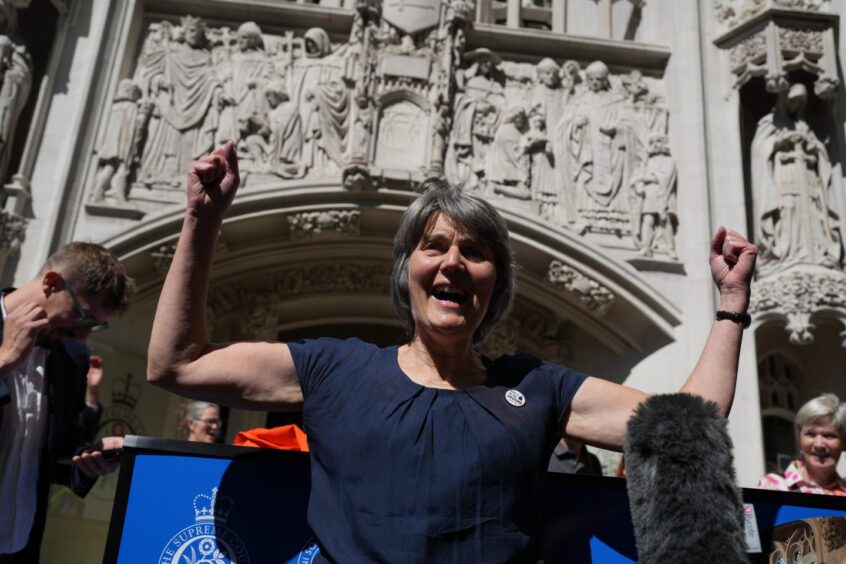A hearing in the Scottish courts this week will decide if planning consent for the UK’s largest undeveloped oil field, and a mature gas basin in the North Sea, will be blocked due to emissions produced by end-use petrol and gas customers.
Campaign groups Greenpeace UK and Uplift are bringing separate challenges to the Rosebank oil field project, to be developed by Equinor and Ithaca Energy off the Scottish coast, and the Jackdaw gas field being developed by Shell.
They have called for a judicial review of the projects, arguing that “the government failed to consider the impact caused by the emissions created by burning Rosebank’s oil and gas” in its planning decision.
A hearing will begin on Tuesday to decide whether the Rosebank oil development and Jackdaw gas developments can proceed, which is expected to last for up to four days.
“The pivotal question that surrounds Rosebank is that the energy transition requires not just the development of new forms of clean energy but also the more difficult tasks often of ceasing to produce carbon too,” said Ewan Gibbs, a senior lecturer in economic and social history at the School of Social and Political Sciences, University of Glasgow.
“Even were Rosebank developed, it won’t reverse the longer-term trajectory in the North Sea towards diminishing employment and production, which has been very apparent over the past decade.”
Oil and gas burned from the Rosebank oil field would create more than 200 million tonnes of CO2, which was ignored in the planning decisions for those projects, the climate campaign groups said.
“We think that the decision to approve Rosebank was made unlawfully,” Uplift environmental lawyer Tessa Khan told Energy Voice. “We are hoping that the court agrees with us that the decision should effectively be quashed, and as a result the Rosebank oil field will never be developed.”
She added that the UK “simply cannot add additional oil projects to the global energy supply” and meet climate targets.
‘Unlawful’
The green groups have urged the government to consider a landmark judgment brought by campaigner Sarah Finch this June, in which the Supreme Court ruled that emissions from burning fossil fuels must be accounted for in consent decisions.
“Following the decision of the Supreme Court in the Finch case, the Labour government announced in August that it accepted that the approval was unlawful because it failed to take into account the field’s combustion emissions,” they said.
The judgment ruled that Surrey council’s decision to grant planning consent was not lawful because emissions from burning downstream refined oil products, covered under ‘scope 3’ of the European directive, were not included.
The developer of the Horse Hill project did not deny that oil extracted from the project would inevitably be sent to refineries and that refined oil would be combusted, producing greenhouse gas emissions.
That judgment had implications for the whole oil industry, as it was the first to implement the Environmental Impact Assessment directive under the 2020 offshore oil and gas exploration regulations.
It meant that emissions produced by cars that burn petrol in a combustion engine, or gas burned at a plant, must be included in any environmental impact assessment for any new oil or gas exploration project.
“Considering Scope 3 emissions is pivotal… in shifting the understanding of what is at stake in the development of an oil and gas field towards their meaningful contribution to carbon emissions,” said Gibbs.
Climate groups also argue that the government failed to adequately assess the marine impacts of Rosebank on local wildlife or minimise the impacts on a marine protected area in Scotland.
Consultation
The green groups have accused the North Sea Transition Authority (NSTA), which is obliged to help Secretary of State Ed Miliband meet the UK’s net-zero target by 2050, of a “lack of transparency” in its net-zero test for the Rosebank and Jackdaw projects.
The case being heard in the Scottish courts this week is likely to be pivotal for the energy transition, as it will offer a ‘canary in the goldmine’ indication of the future of North Sea oil.
Khan said it will decide how the UK government enacts legislation, after the UK Supreme Court ruled this summer that environmental impact assessments must take into account “the direct and indirect effects” of oil and gas exploration.
This represents a “new way” for the government to approach the environmental impact of such projects, said Khan, who added that the legal framework in the UK, and regulation surrounding that, “has to be amended” following the consultation.
The government said the consultation on the effects of so-called ‘scope 3’ emissions, which will run until 8 January 2025, is the first step towards a “fair, orderly and prosperous transition in the North Sea”.
Planning “will need to consider how GHG [greenhouse gas emissions] associated with a proposed project impact climate” – including the effects of burning hydrocarbons such as oil, gas or condensate, the Department for Energy Security and Net Zero indicated.
Planning decisions, overseen by the Offshore Petroleum Regulator for Environment and Decommissioning, are expected to be suspended or deferred until the consultation is concluded.
Government is also consulting on an end to oil and gas licences in the North Sea, with a second consultation due before the end of the year on exploration licensing.

Recommended for you



 © Uplift
© Uplift © Image: Friends of the Earth
© Image: Friends of the Earth






